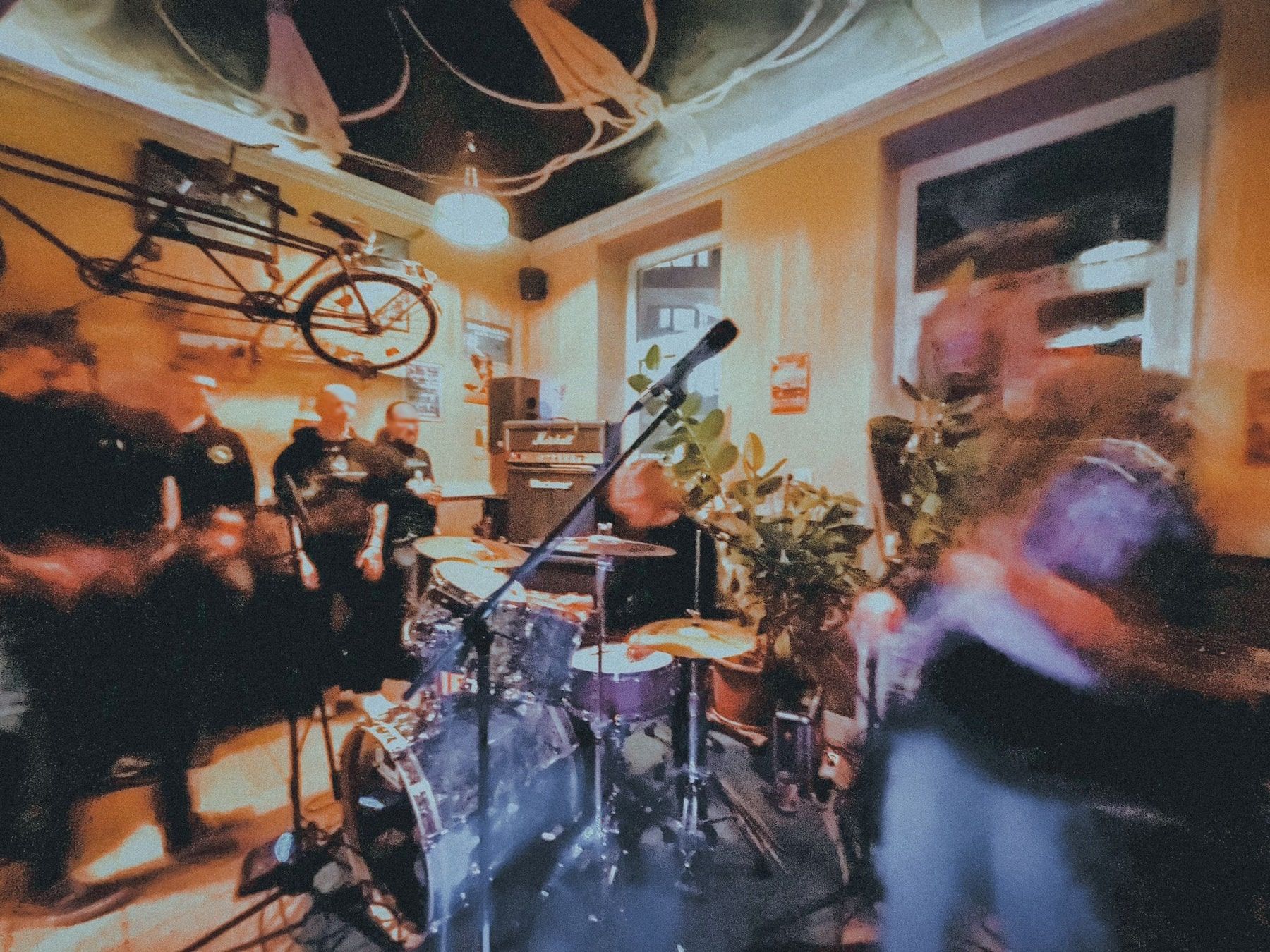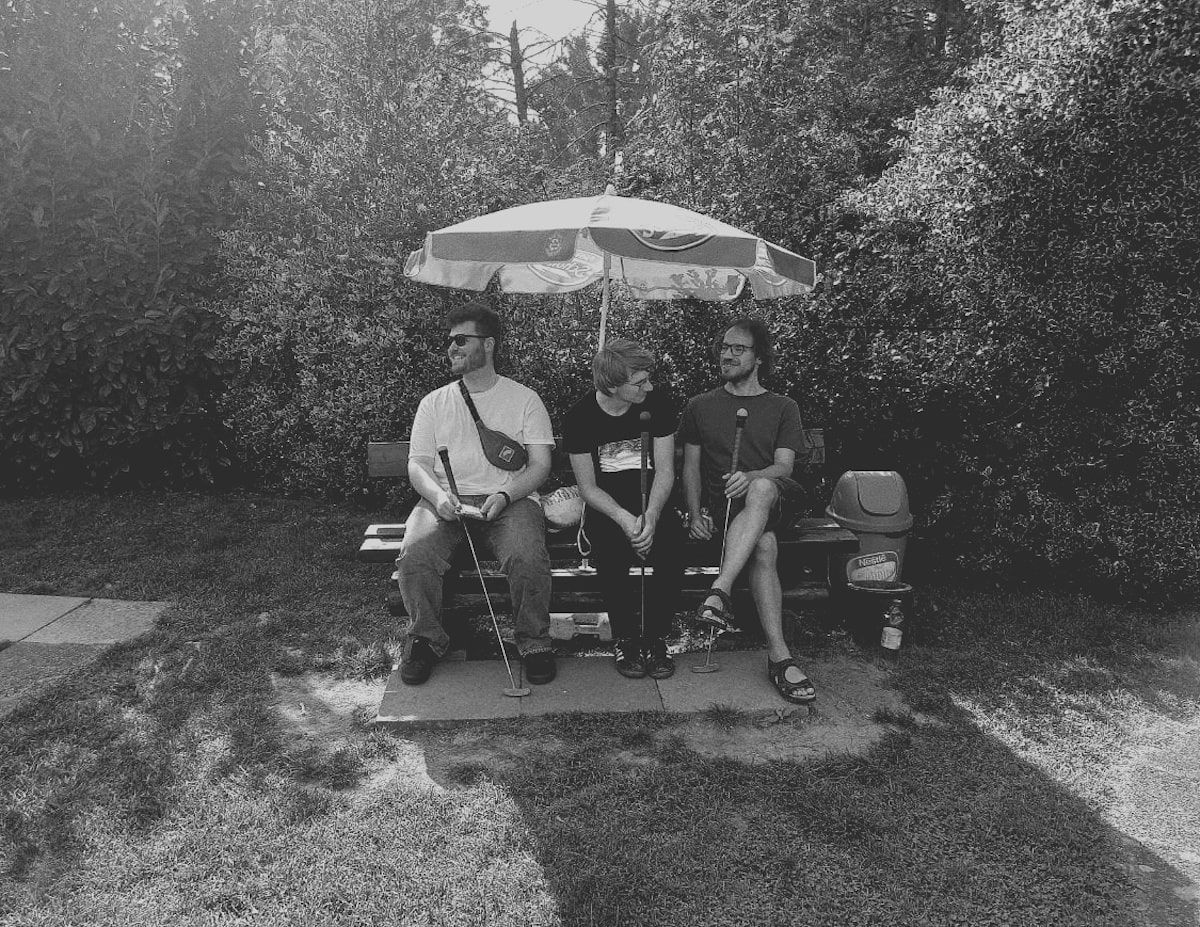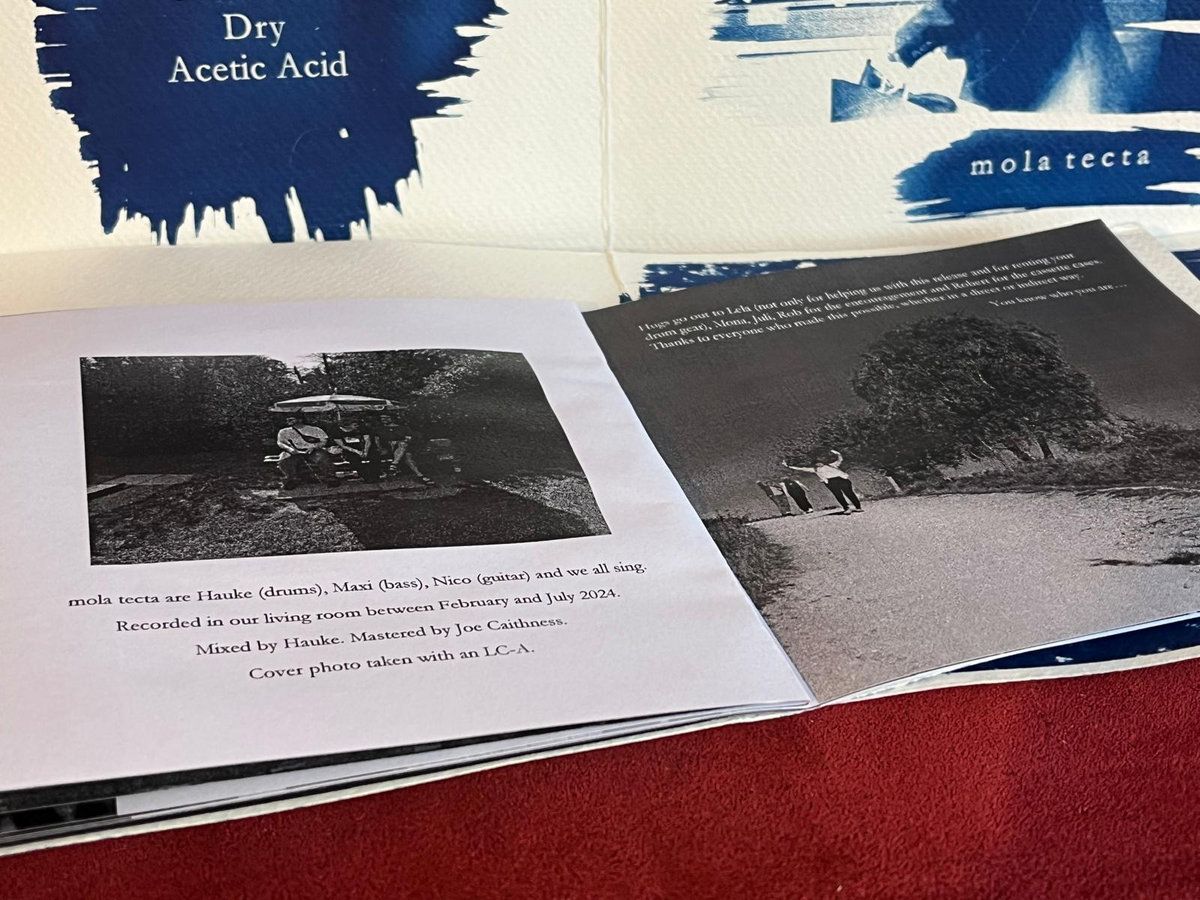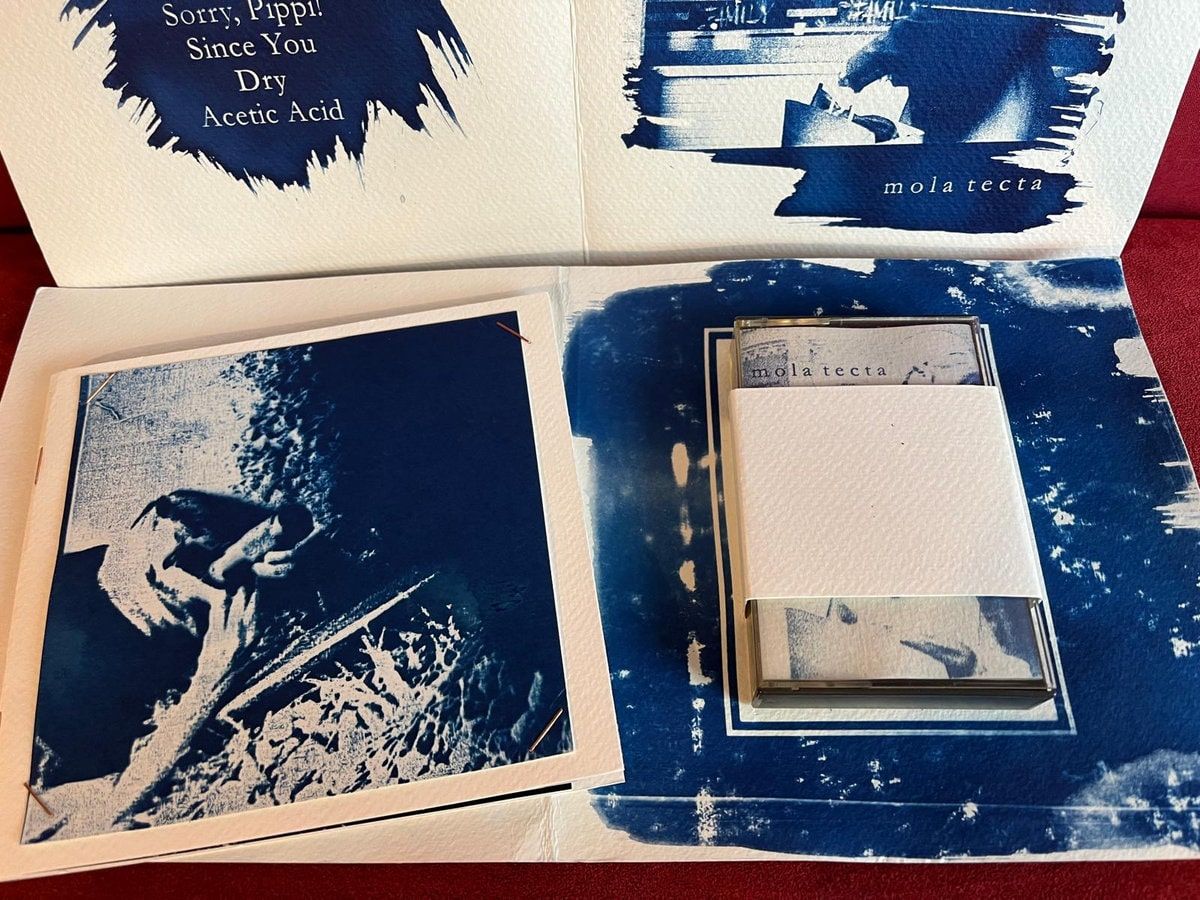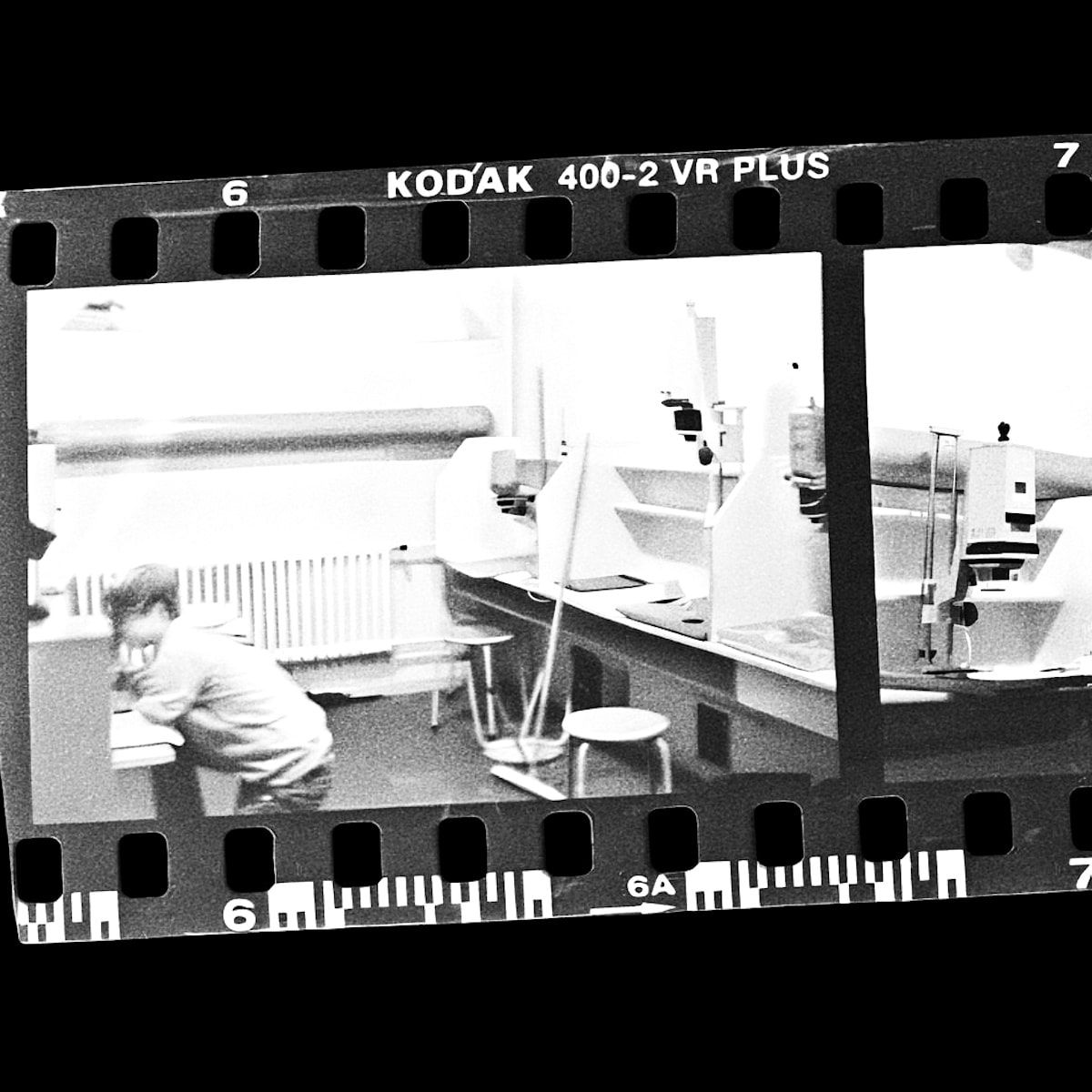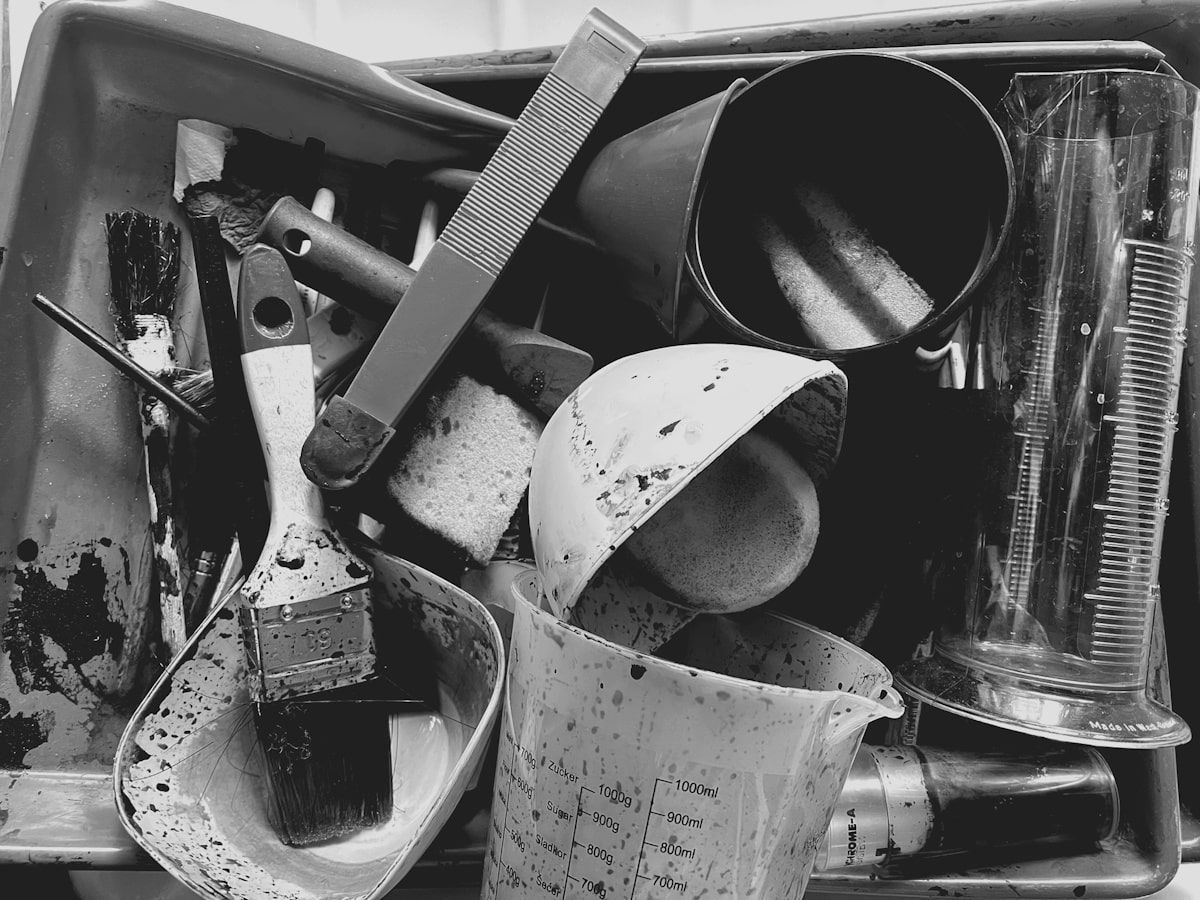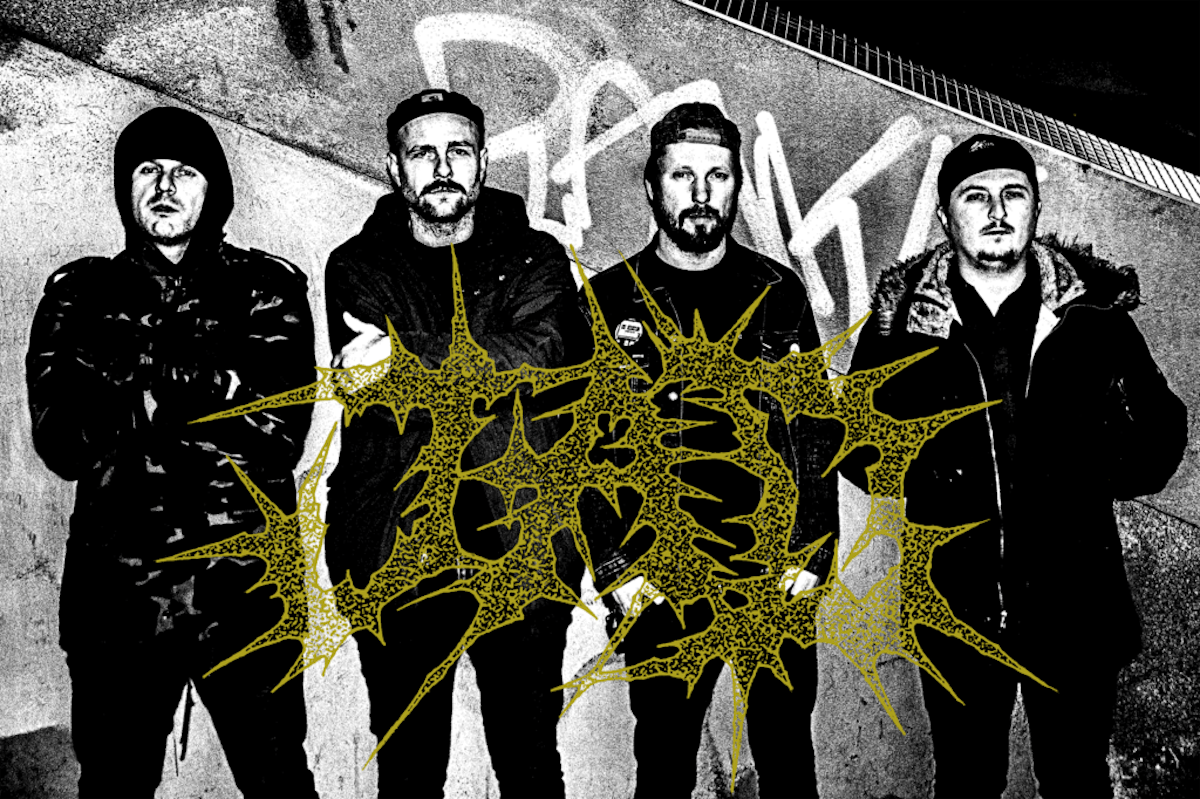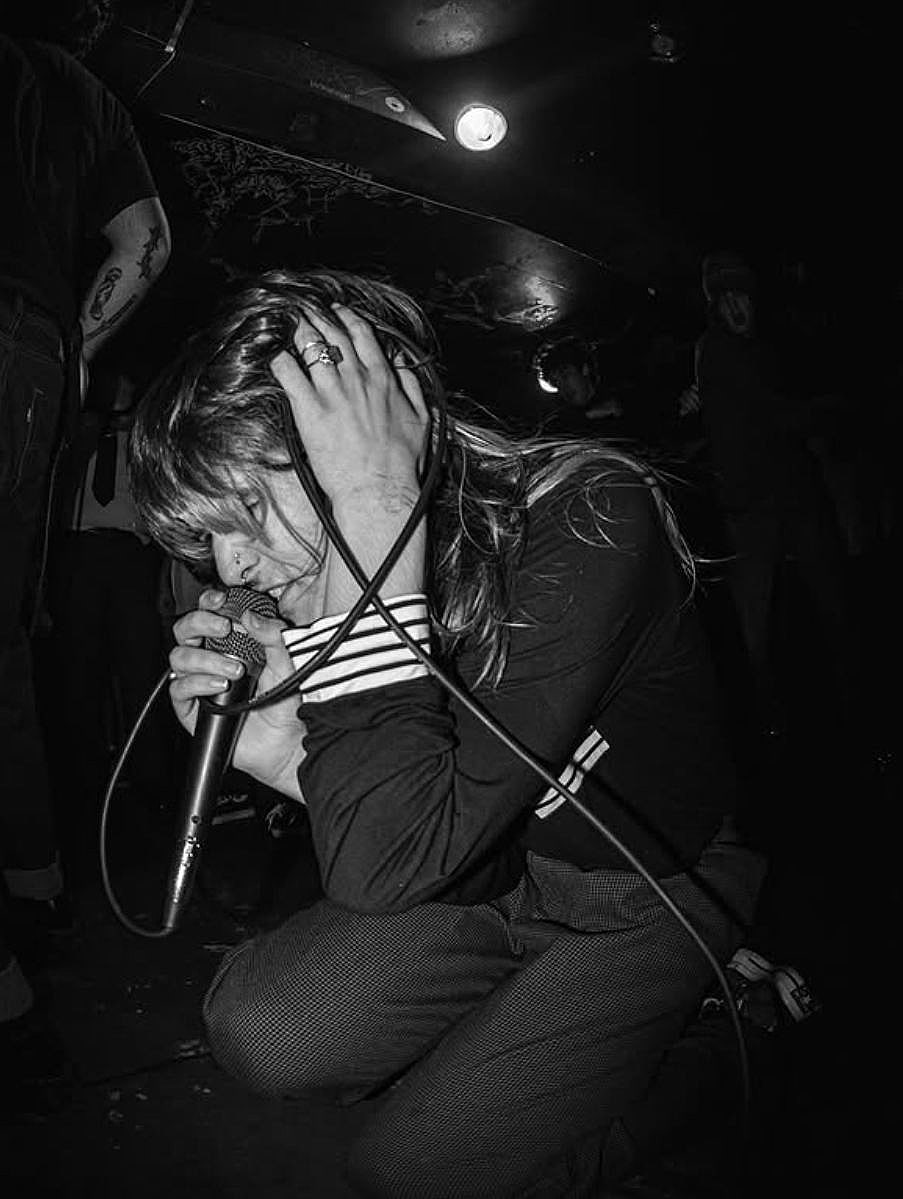Mola Tecta—an obscure species of fish—shares its name with a post-emo band from Bremen and Frankfurt, Germany, whose debut self-titled EP, released on January 30, 2025, carries the weight of fragmented histories and quiet resolve.
Hauke on drums, Maxi on bass, and Nico on guitar—each contributing vocals—formed this trio after years of disparate musical paths converging.
Their story begins with serendipity: Maxi and Nico, united by a shared reverence for Fugazi, began crafting songs in 2021. Hauke joined in 2023, reconnecting with Nico from their teenage years in Manku Kapak, a band that dissolved when Hauke relocated from Bremen to Frankfurt.
Since then, they’ve navigated a series of fleeting projects—Mira, Ikioi, Fljora, and They Sleep We Live—each a brief flare of sound before fading into memory. Hauke also pursues a solo piano project under his own name, Hauke Henkel, adding depth to their collective past.
This EP, recorded in their living room between February and July 2024, emerges not as a polished artifact but as a raw, DIY testament.
Mixed by Hauke and mastered by Joe Caithness—known for his work on emo touchstones like Human Hands—the five tracks—“Hidden,” “Sorry, Pippi!,” “Since You,” “Dry,” and “Acetic Acid”—are shaped by the hum of domestic space and the band’s hands-on approach.
The physical release, available on CD or tape (or both, as Nico offered), is encased in a hand-printed cyanotype gatefold cover on thick watercolor paper. Each print, unique and irreproducible, employs the 1842 blueprint process invented by John Herschel, using iron salts and UV light to etch deep blue tones. Originally a tool for scientific documentation, cyanotype later captivated artists for its tactile, chance-driven nature.
The cover photo, captured with an LC-A camera, fixes a solitary figure in Nico’s bleak Bremen suburb—a image resonant with his grandfather’s 2008 gift of an analog SLR, sparking a lifelong devotion to photography.
The 20-page booklet accompanying the release delves deeper, offering lyrics, reflections, and photographs taken by the band.
It unravels Nico’s adolescent years in a derelict school photolab, discovered with a friend amid dust and expired chemicals. “Back in the days my friend and I discovered an old photolab at our school, which wasn’t used for several years,” he writes. “There was a very distinct smell, a mix of chemicals and mustiness—for me, it was a scent of hidden adventures and those still to come.”
They revived the space, bathing it in green darkroom light, developing film with instant coffee and acetic acid to conserve resources, their lungs burning from the fumes. “Sometimes we stayed in the lab so long in the afternoon that we were afraid the janitor might lock us in,” Nico recalls.
“We were so immersed in it that we even peed in the sink.” Yet doubts emerged—ethical tensions with analog photography’s non-vegan foundations, the absence of chemicals for cyanotype, and the lab’s eventual demolition, leaving only fragmented echoes. “That old school photolab gave us purpose and had a spirit, a sense of shared discovery, and a touch of magic that we couldn’t recreate,” he notes, lamenting the innocence lost as they drifted apart, setting up makeshift labs in their childhood rooms under red bulbs. “For years, I avoided the memory—out of fear, grief, pain, longing, or blindness?”
This history weaves through the EP’s themes.
“Acetic Acid” mourns that time directly: “My old man, you gave me my constant companion in the golden fall of twenty-o-eight… All that’s left is acetic acid in my lungs, faded pictures, and the qualms.” It’s a elegy for youth’s raw magic, tinged with the ache of its dissolution. “Hidden” probes deeper, its lyrics asking, “It is hidden somewhere within this room, within this city… But how long can you hide it? How long can you deny it?”
The question lingers, a search for meaning buried beneath daily struggles. “Sorry, Pippi!” stumbles through exhaustion: “I feel like I’m done, ‘cause I’m no longer young, yet I’m not that old to lose all the hope… We’re the ones, to tell our kids that we were too lazy to care about this.”
It captures the weight of work, isolation, and a world left in disarray, delivered without melodrama—just a resigned ache. “Since You” mourns a love that’s fled, the cold walls growing taller with age: “Since you’ve run away this place has grown cold… Tell me, how is the blues where you’ve been?”
The query hangs, unanswered, in the space between memory and present. “Dry” yearns for simplicity amid chaos—“Walking in a straight line might form some kind of fatigue, as warheads fly above my head… I just want to stroll beneath the blooming young linden here in the sun”—but admits the mind drying up, brittle under life’s glare.
Mola Tecta’s DIY ethos isn’t mere practicality—it’s a philosophy born of necessity and resistance, shaped by “external constraints of our society,” as they describe. Rehearsal room rent, snapped strings, mental and physical fatigue—they’re candid about the toll. “Music means the world to us, and much of what we do, we do for the sake of it,” they write, but the passion pulls them into financial strain, care work, and loss.
Their first shows, in Bremen and Leipzig in January and February 2025, mark tentative steps forward, though the path feels like “one step forward, two steps back.”
Cyanotype, too, becomes a quiet act of defiance.
View this post on Instagram
“No one but a vandal would print a landscape in red, or in cyanotype,” British photographer Peter Henry Emerson declared in the 19th century, dismissing its unnatural blue. Yet Mola Tecta embraces its imperfection, seeing it as resistance against provincialism, racism, antisemitism, sexism—worldviews demanding rigid authenticity.
As the booklet explains, “The unconventional nature of cyanotype lies primarily in its lack of reproducibility… Choosing cyanotype as an artistic medium also becomes a quiet act of resistance.”
The EP, available at molatecta.bandcamp.com, is a shared exhale for those who’ve felt nostalgia’s sting or survival’s grind. Acknowledgments go to Lela, Mona, Juli, Rob, and Robert—for drum gear, encouragement, and cassette cases, among other quiet supports. For inquiries, they still read letters at [email protected]. It’s a small, deliberate gesture in a noisy world, fitting for music that’s tender, raw, and blue.



